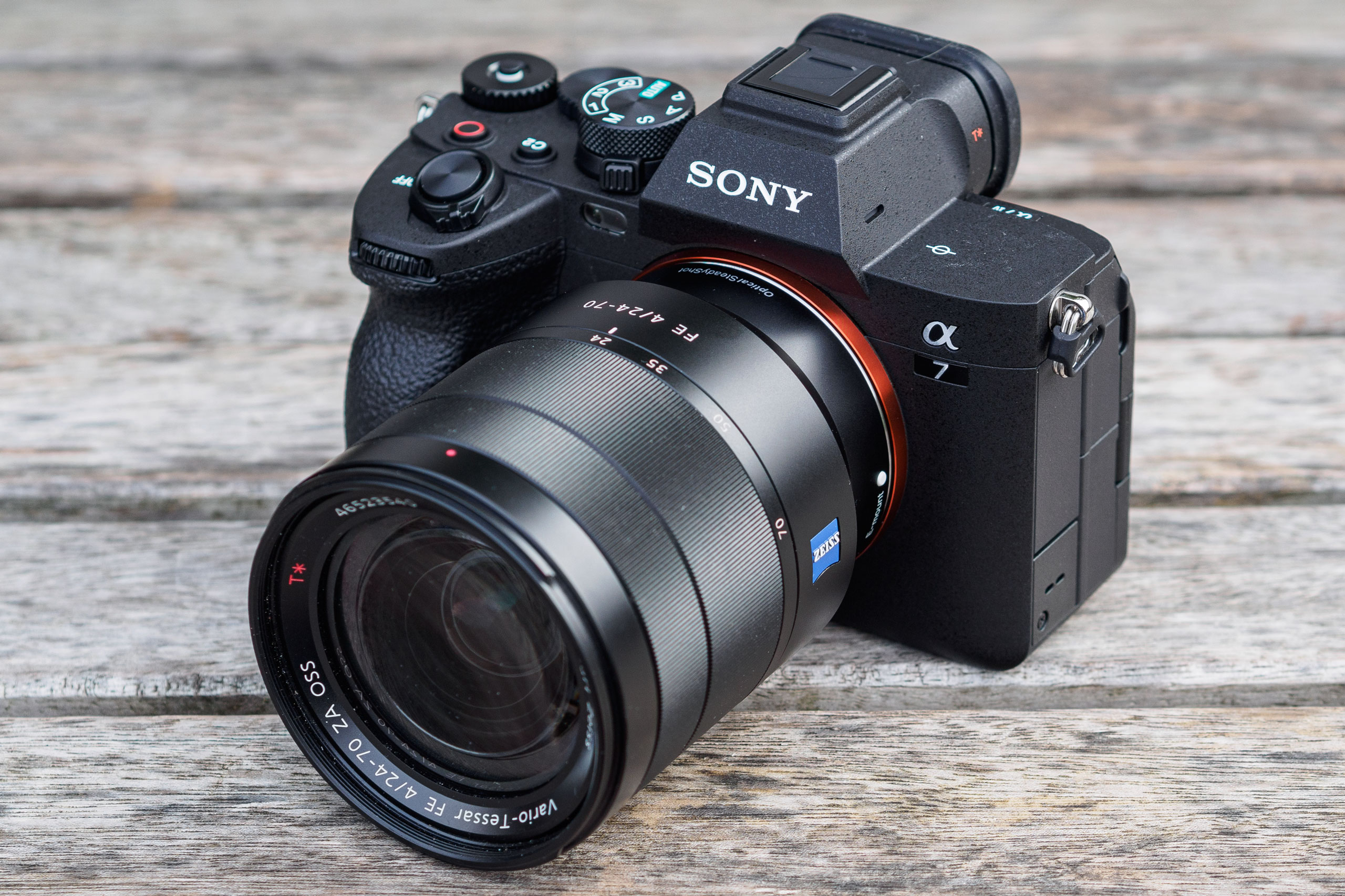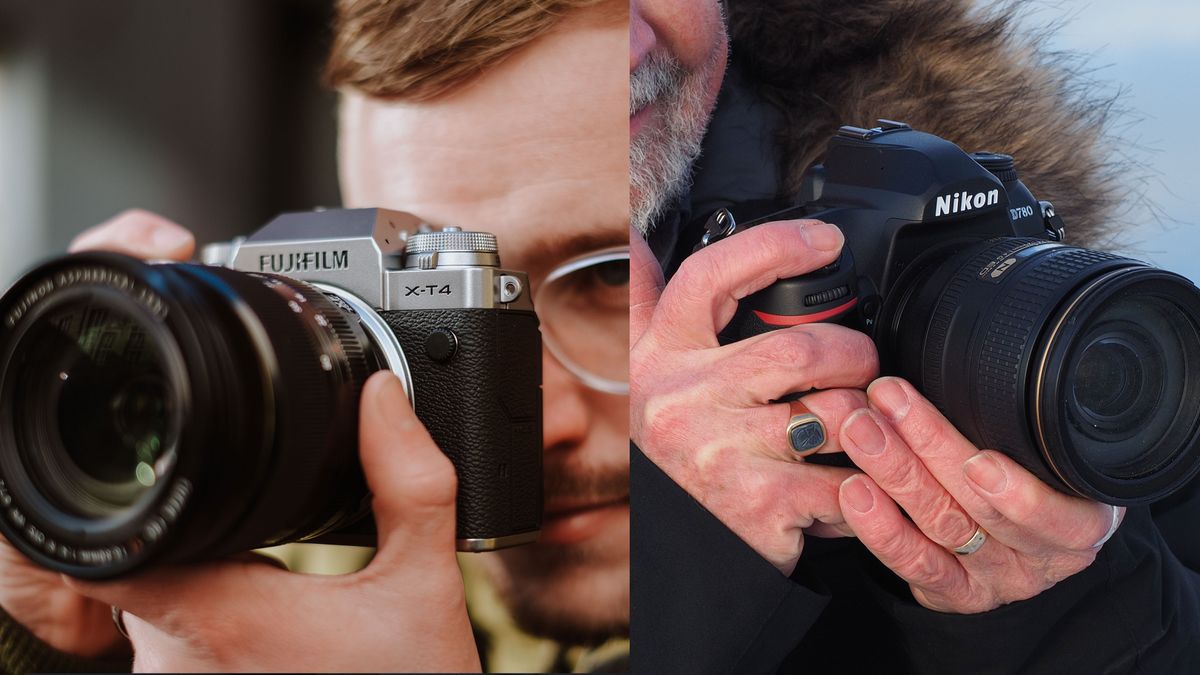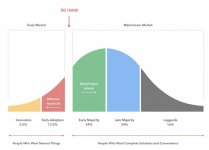I have mixed feelings about statements like this as I want to say it's true but in reality it just often isn't and often the kit is limiting and I'll now try and support my radical alternative view that the kit does matter. Sometimes.
Firstly, modern mirrorless kit is technically better than DSLR's and allows things like incredible ISO's and frame rates and silent shooting and without these things you just can't do the things that they enable and get the results that they allow no matter how good a photographer you are. And then there's the new lenses, they're the best we've ever seen. So there's all that. All that which, remember it's about images, could get you images which could have been just about impossible with a DSLR or at least very difficult. But maybe we don't want to use these new feature? We'll just take the pictures our kit allows and we wont worry about the noise the shutter makes and if we're not allowed to make a noise we just wont take the picture and we wont mind if the pictures we are allowed to take aren't sharp into the corners at all apertures because that's just dull anyway and those picture we didn't get? Forget them.
Secondly, modern kit allows you to do things easier for example being able to focus accurately and consistently anywhere in the frame. With DSLR's focus isn't taken off the sensor and so could be hit or miss from shot to shot and body to body and if you've selected lenses which work well on your camera there is no guarantee they'll work as well on the next. Couple the better focus of mirrorless with eye detect and you can focus quickly and reliably at f1.2 (if you want) on someone or some things eye anywhere in the frame while they're walking or running or even flying and the shot will be more likely to be sharp and that's something that's a lot harder to impossible with a DSLR no matter who you are. Take away these things and you decrease your hit rate and increase your chimping and reshooting and taking multiple shots rate and tying yourself to focus points clustered around the centre of the frame means you may have to focus and recompose (and try that with a moving person or a bird in flight) or use a centrally located focus point and crop the shot to the composition you want. But maybe we don't care about all that. If we want to take a picture of someone we'll tell them to stand still and who needs endless tack sharp pictures of birds in flight anyway, we're happy if we get one good one a day.
Thirdly, there's the things which are just nice to have, like WYSIWYG, being able to see the dof and the exposure, being able to shoot vid with with the camera to your eye and being able to review results with the camera to your eye.
So to sum up my alternative view to the above statement...
No matter how good a photographer you are mirrorless gives more options and allows things which would be very difficult or impossible with DSLR's.
No matter how good a photographer you are the new kit gets you more consistent and reliable results more easily than any DSLR ever could.
Yes it's all about the image but mirrorless makes more images possible more easily than a DSLR.
Really, it's like cars and getting from A-B and comparing a model T Ford to a modern car. They both do the same thing but one is very limiting and wont get up that bank at the end of the road no matter how good a driver you are and even if you push it up the bank it'll take all day to get to the shopping mall whilst the other allows more possibilities, possibilities which are expanded and easier to obtain and you can do it all with the radio and air con on.
But OK. The above statement about it all being about the image not the camera is probably true if you stay rigidly within the envelope of what's possible with a DSLR and don't pixel peep the results.


 www.amateurphotographer.co.uk
www.amateurphotographer.co.uk






